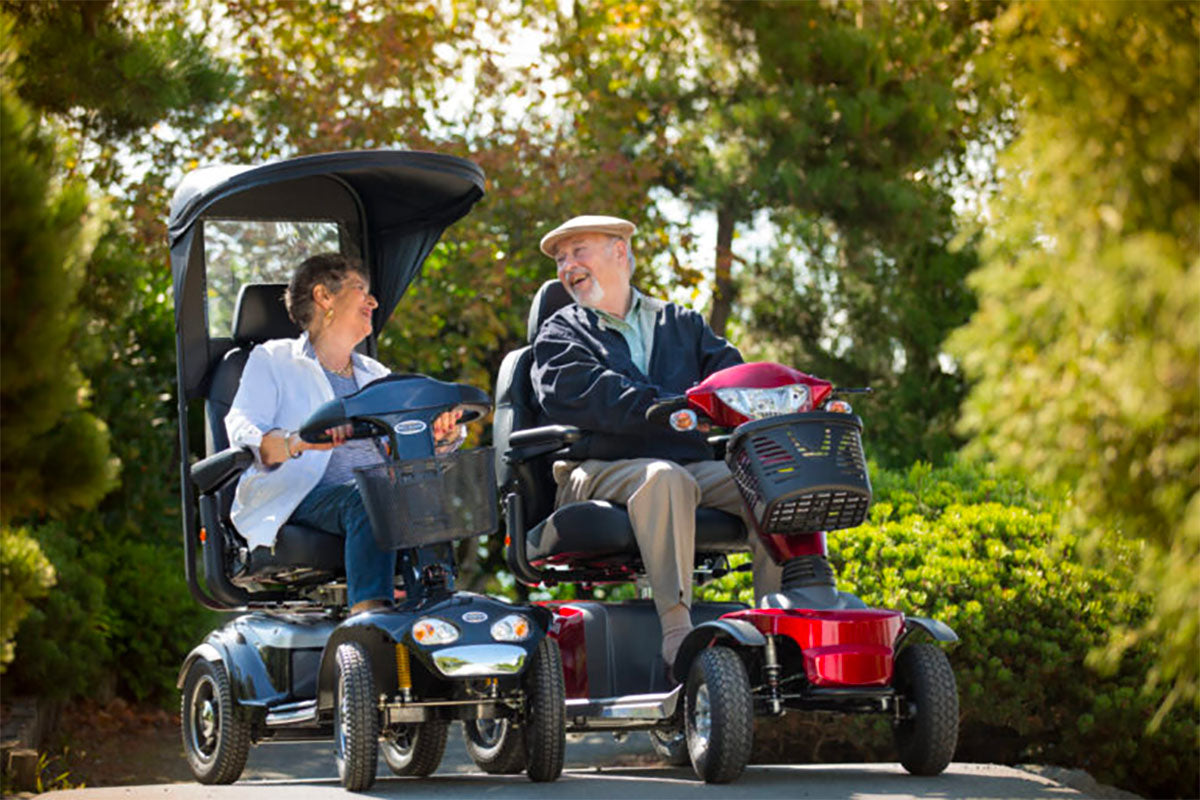In our society, the concept of being ‘elderly’ can vary significantly. While some may view the transition into elderliness as occurring at the age of 65, others might consider it at different ages depending on cultural, social, and personal perspectives. Defining what age is considered elderly is crucial, not just for labeling but also for understanding the social, economic, and health implications associated with aging.

Cultural Perspectives on Aging
Different cultures have unique traditions and values that influence how they define ‘elderly.’ In some societies, age is revered and respected, and the elderly are seen as wise leaders. However, in others, the concept might be more fluid and linked to an individual’s physical health rather than a specific age.
Western Views on Elderly Age
In many Western countries, reaching the age of 65 is often considered the benchmark for elderliness. This age aligns with retirement and the availability of senior benefits in many countries, such as the United States. However, with increasing life expectancies, this traditional view is evolving.
Eastern Approaches to Aging
In contrast, many Eastern cultures define elderliness not strictly by age but by status, wisdom, and respect within the community. For example, in Japan, reaching the age of 60 marks the beginning of a new life stage, known as Kanreki, which is celebrated as a rebirth.
The Impact of Age on Social and Health Benefits
Understanding what age is considered elderly is essential for accessing various resources designed to support older adults. These benefits often include healthcare, community services, and social security. In [this guide on home care](https://ninkatec.com/8-ways-to-provide-better-home-care-for-your-elderly-loved-ones/), learn more about how to support your aging loved ones effectively.
Healthcare and Medical Perspectives
Medical definitions of ‘elderly’ usually align with the age of 65, a period commonly associated with increased health risks. However, managing these risks has improved significantly due to medical advances and a better understanding of senior health.
Government and Policy Views
Government policies typically use 65 as the point of eligibility for senior benefits and pensions. However, with the ongoing shifts in workforce demographics and life expectancy, there is a discussion about adjusting these age thresholds to reflect modern aging.
Psychological Aspects of Aging
The perception of old age can also be psychological. Some people feel ‘old’ when they retire, while others maintain a ‘young at heart’ attitude into their 80s and 90s. The feeling of being ‘elderly’ often depends more on lifestyle, health, and personal outlook than on a specific age.
How Societal Changes Influence the Definition of Elderly
As healthcare improves and longevity increases, the definition of what age is considered elderly may continue to shift. Many individuals in their 60s and 70s lead active, vibrant lives, challenging outdated stereotypes about aging.
Active Aging and Its Role
Active aging emphasizes health, participation, and security, encouraging seniors to engage in social, economic, cultural, and civic affairs. This paradigm shift helps redefine what it means to be elderly today.
Navigating Aging in Today’s World
While age is an easy metric to use, it is important to remember that ‘elderly’ is not just about numbers. It’s about experiences, capabilities, and choices. Understanding and respecting the diversity of aging can help foster more inclusive and supportive societies.
Personalizing Elderly Care and Support
As we reconsider what it means to be elderly, there is a growing need for personalized approaches to senior care. From healthcare to lifestyle adjustments, the focus should be on maximizing quality of life at every age.
Caring for Elderly Parents
The role of family in supporting elderly loved ones cannot be understated. Whether it’s understanding medical needs or simply being there for companionship, effective elderly care is fundamental. For more insights, [check out these tips](https://agingarkansas.org/tips-for-caring-for-elderly-parents-at-home-2/).
The Future of Aging and Elderly Care
As demographic changes continue, the future of aging may see more personalized, holistic approaches to care, accommodating the wide variety of experiences and needs of older adults.
Conclusion
In conclusion, the question of what age is considered elderly is multifaceted and dynamic. It encompasses a range of views and considerations, highlighting the importance of understanding aging from multiple perspectives. By expanding our definitions of elderliness, we can create a more inclusive society that values the elderly population.

FAQs
What age is considered elderly today?
Typically, 65 years old is widely recognized as the start of elderliness in many Western countries, aligning with retirement ages. However, perspectives on aging are evolving.
How does culture affect the perception of elderly age?
Cultural values significantly influence the perception of what constitutes being elderly, often considering factors like wisdom, respect, and community role instead of mere age.
Why is it important to define elderly age?
Defining elderly age helps allocate social benefits, provide appropriate healthcare services, and address the distinct needs of the elderly in society.
This article contains affiliate links. We may earn a commission at no extra cost to you.

